Serbian parliament debates amnesty law draft
The Serbian parliament began its session on Tuesday in Belgrade, which will include a debate on a proposed amnesty bill.
Tuesday, 23.10.2012.
13:45

BELGRADE The Serbian parliament began its session on Tuesday in Belgrade, which will include a debate on a proposed amnesty bill. The Ministry of Justice submitted the draft envisaging sentence reduction or release for some 3,600 prisoners convicted for minor crimes. Serbian parliament debates amnesty law draft The session today started with MP questions, that included the manner in which the government would give arable land in Vojvodina to an Abu Dhabi sheik, and the problems faced by the public broadcaster RTS as it endeavors to collect subscription fees, which are in Serbia bundled with the citizens' electricity bills. As for the proposed legislation on the agenda, the draft, if adopted, would see some 1,100 prisoners released initially, which would save the government around RSD 127 million, since the amnesty includes a sentence reduction of 25 percent for the crimes covered by the bill.. If the proposal is accepted, those who are convicted for the first time to a prison sentence of up to three months on the day the law enters into force will be set free. Those with a sentence of between 3 and 6 months will receive a 50 percent reduction. The amnesty should exclude those convicted of the the most serious crimes and serving between 30 and 40 years in prison. The parliament agenda also includes a bill on migration, which would expand the jurrisdiction of the refugee commission to managing migration and assisting asylum seekers. Besides that, there are also plans to form a unique database on migration that can be used by all the government bodies related to the field. The parliament will discuss ten bills at the meeting, including the government amendments to the law on medicines and medical devices and amendments to the law on identity data protection. (Beta, file) No amnesty for most serious crimes Minister of Jusitce Nikola Selakovic addressed MPs in parliament today to present the bill and said that Serbia needed a new amnesty bill since prisons intended for 7,500 people were currently holding 11,375 inmates. Selakovic said convicts serving time for the most serious crimes would not be pardoned. He said the amnesty would encompass 3,600 convicts, 1,100 of whom would be released right now. This will reduce budget spending by some RSD 127 million, or RSD 800 million in the longterm, he said. "The proposed solutions change the status of the convicts, because social circumstances have changed. In order to improve the position of convicts, we need to pass the amnesty bill," explained Selakovic. He specified the amnesty would not include those found guilty of the most serious crimes, crimes against humanity, serious forms of domestic violence, sale of narcotics and organized crime. The amnesty would also not apply to offenders who have been sent to prison more than three times or fugitives wanted to serve a prison sentence. Serbia's former justice minister, now MP from the ranks of the opposition Democratic Party (DS), Snezana Malovic, asserted during the discussion that the law would allow for amnesty to be granted to organized crime figures such as Andrija Draskovic and Sreten Jocic, hooligan Uros Misic and Radovan Karadzic's brother Luka Karadzic. Responding to this claim, MP Vladimir Cvijan of the ruling Progressives (SNS) accused her of "scaring the citizens": "Let's not spread meaningless fear among the citizens that murderers will walk the streets, that will not happen." However, Malovic stated that the "volume of persons encompassed by the amnesty was too large", and that it would also refer to "persons who took part in the murders of Brice Taton and Zeljko Raznatovic Arkan, as well as to Stefan Karic, and others who took part in violence at sporting venues, or abused their official position." Snezana Malovic (Tanjug) B92 Tanjug
Serbian parliament debates amnesty law draft
The session today started with MP questions, that included the manner in which the government would give arable land in Vojvodina to an Abu Dhabi sheik, and the problems faced by the public broadcaster RTS as it endeavors to collect subscription fees, which are in Serbia bundled with the citizens' electricity bills.As for the proposed legislation on the agenda, the draft, if adopted, would see some 1,100 prisoners released initially, which would save the government around RSD 127 million, since the amnesty includes a sentence reduction of 25 percent for the crimes covered by the bill..
If the proposal is accepted, those who are convicted for the first time to a prison sentence of up to three months on the day the law enters into force will be set free.
Those with a sentence of between 3 and 6 months will receive a 50 percent reduction.
The amnesty should exclude those convicted of the the most serious crimes and serving between 30 and 40 years in prison.
The parliament agenda also includes a bill on migration, which would expand the jurrisdiction of the refugee commission to managing migration and assisting asylum seekers.
Besides that, there are also plans to form a unique database on migration that can be used by all the government bodies related to the field.
The parliament will discuss ten bills at the meeting, including the government amendments to the law on medicines and medical devices and amendments to the law on identity data protection.
No amnesty for most serious crimes

Selaković said convicts serving time for the most serious crimes would not be pardoned.
He said the amnesty would encompass 3,600 convicts, 1,100 of whom would be released right now.
This will reduce budget spending by some RSD 127 million, or RSD 800 million in the longterm, he said.
"The proposed solutions change the status of the convicts, because social circumstances have changed. In order to improve the position of convicts, we need to pass the amnesty bill," explained Selaković.
He specified the amnesty would not include those found guilty of the most serious crimes, crimes against humanity, serious forms of domestic violence, sale of narcotics and organized crime.
The amnesty would also not apply to offenders who have been sent to prison more than three times or fugitives wanted to serve a prison sentence.
Serbia's former justice minister, now MP from the ranks of the opposition Democratic Party (DS), Snežana Malović, asserted during the discussion that the law would allow for amnesty to be granted to organized crime figures such as Andrija Drašković and Sreten Jocić, hooligan Uroš Mišić and Radovan Karadžić's brother Luka Karadžić.
Responding to this claim, MP Vladimir Cvijan of the ruling Progressives (SNS) accused her of "scaring the citizens":
"Let's not spread meaningless fear among the citizens that murderers will walk the streets, that will not happen."
However, Malović stated that the "volume of persons encompassed by the amnesty was too large", and that it would also refer to "persons who took part in the murders of Brice Taton and Željko Ražnatović Arkan, as well as to Stefan Karić, and others who took part in violence at sporting venues, or abused their official position."










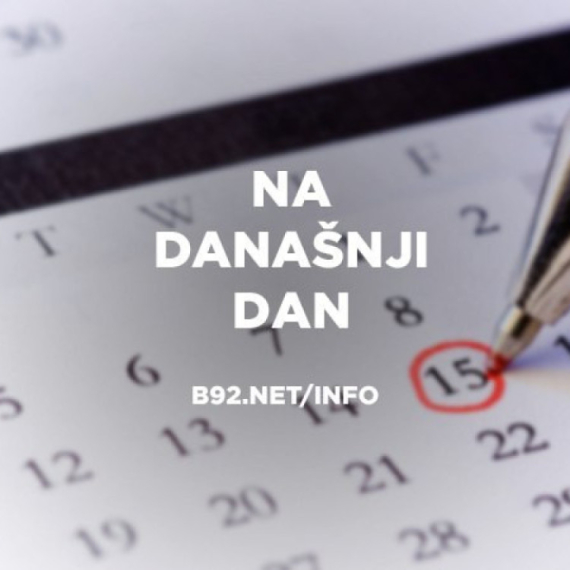
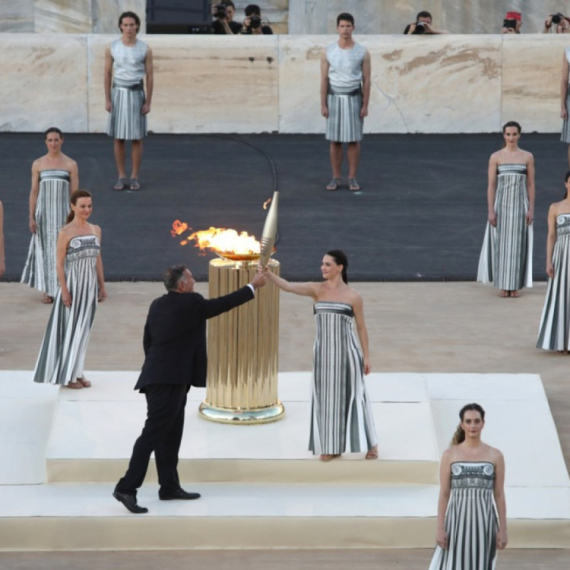
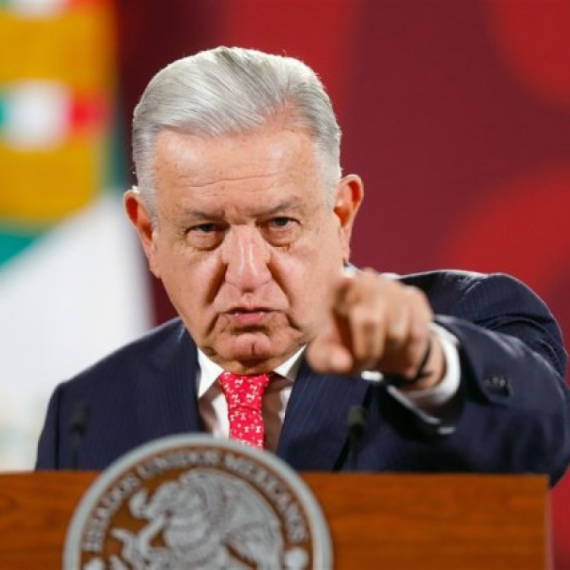



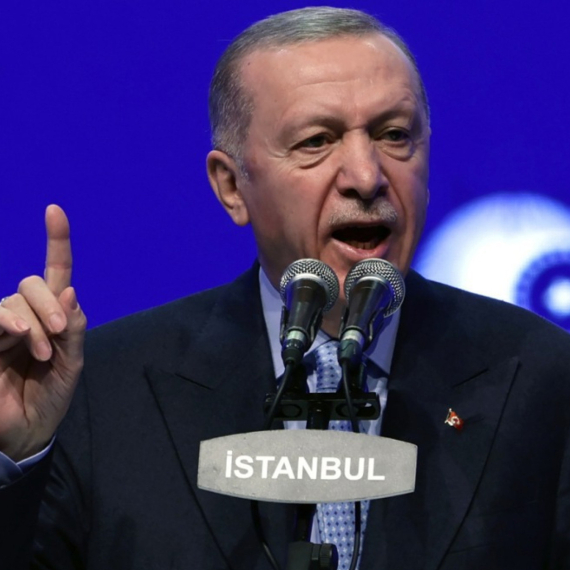


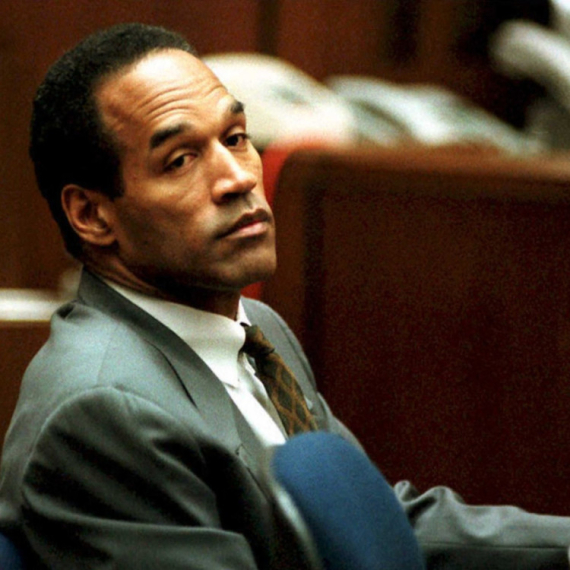

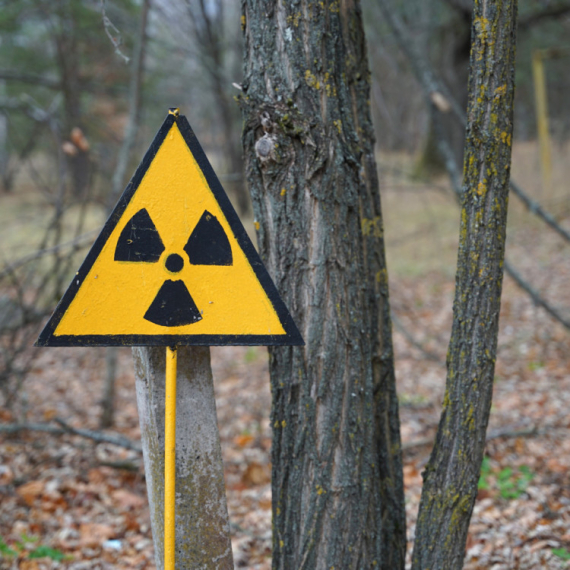




































Komentari 0